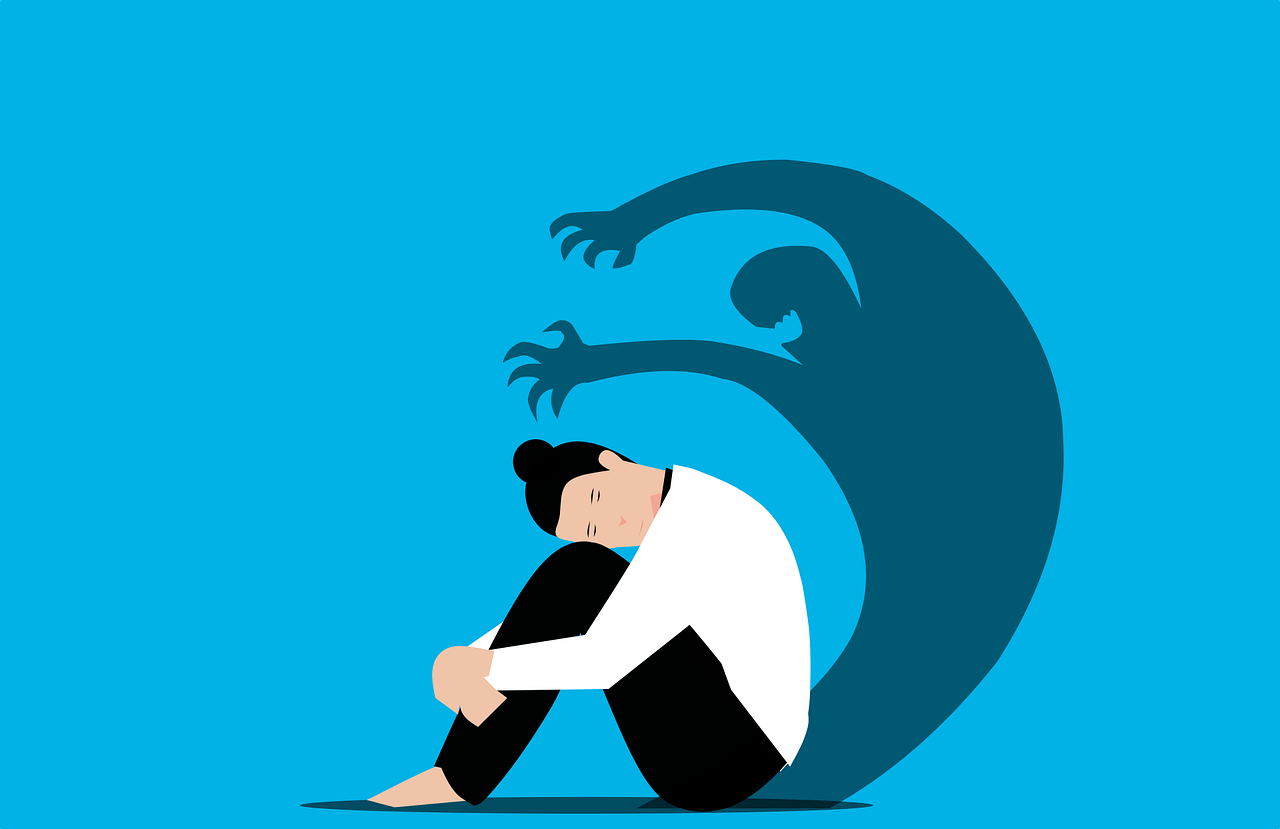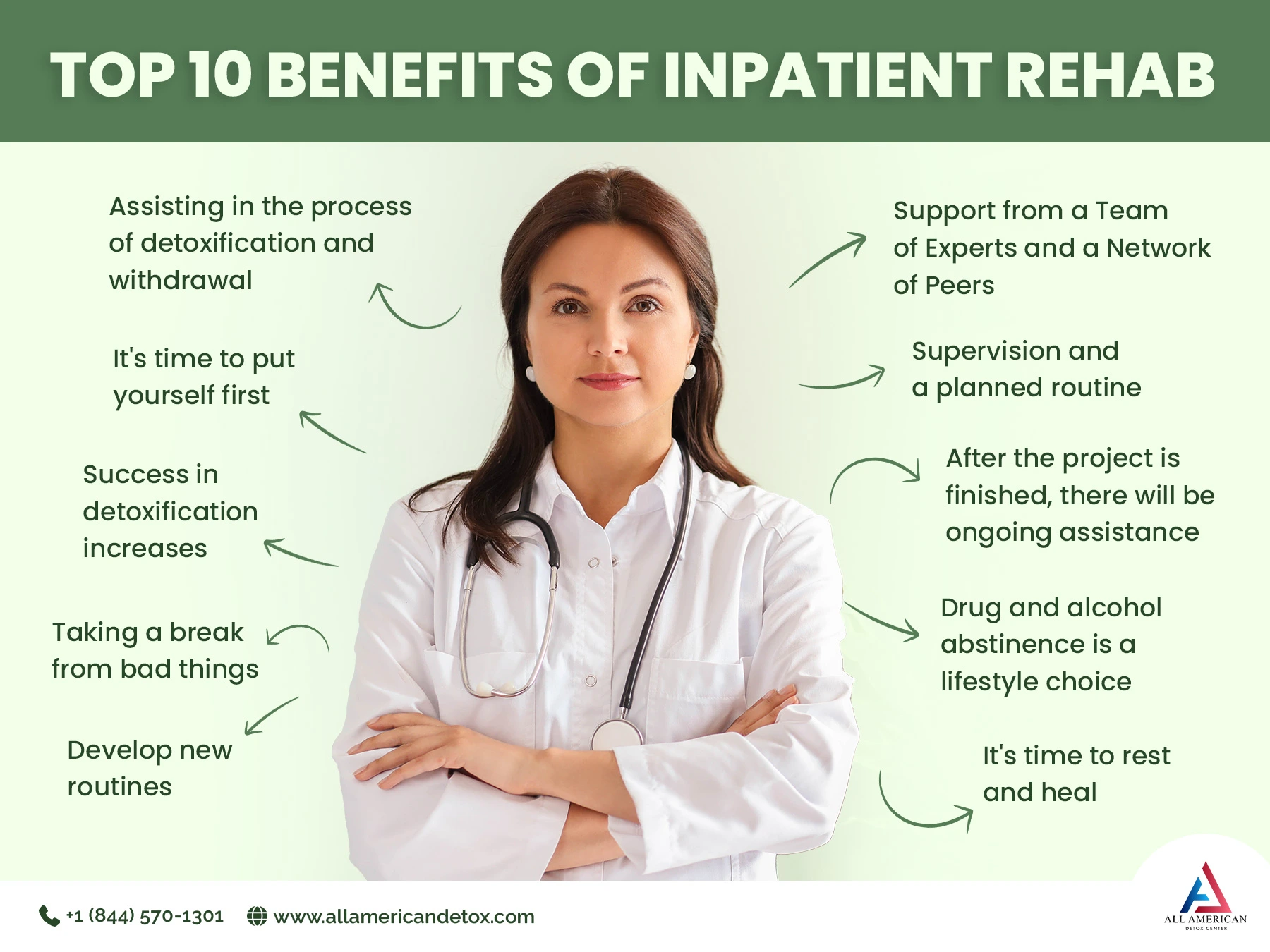Are you considering detoxing from alcohol at home? It is an essential step for individuals struggling with alcohol addiction or dependence, as it lays the foundation for their journey toward sobriety and recovery.
However, attempting to detox from alcohol at home without proper medical supervision can be detrimental to one’s health and well-being. In this article, we will explore the reasons why detoxing from alcohol at home is a bad idea and the potential risks involved.
So, What is Alcohol Detoxing?
Alcohol detoxification, often referred to as alcohol detox, is the process of allowing the body to eliminate alcohol from its system while managing the withdrawal symptoms that occur when someone stops drinking after a period of heavy or prolonged alcohol use. It is typically the first step in the treatment of alcohol dependence or alcohol use disorder.
During alcohol detox, the body adjusts to functioning without alcohol, which can be challenging due to physical and psychological dependence that may have developed. The detox process helps individuals safely withdraw from alcohol and manage the associated withdrawal symptoms, which can range from mild to severe.
Why is Alcohol Detoxing Necessary?
Alcohol detoxing is a necessary step for individuals struggling with alcohol addiction or dependence. It is crucial for several reasons, including:
- Safety: Detoxing from alcohol in a controlled and supervised environment ensures the safety of the individual. Alcohol withdrawal can lead to severe and potentially life-threatening symptoms, such as seizures and delirium tremens. Medical professionals in a treatment facility can monitor vital signs and provide necessary medications to manage these symptoms effectively.
- Physical Health: Prolonged alcohol use can have detrimental effects on the body, including damage to the liver, cardiovascular system, and other organs. Detoxification allows the body to begin healing and repairing the damage caused by alcohol abuse. It also helps reduce the risk of long-term health complications associated with alcohol addiction.
- Psychological Stability: Alcohol addiction not only affects the body but also takes a toll on mental and emotional well-being. Detoxing provides an opportunity for individuals to address the psychological aspects of their addiction. In a treatment facility, they can receive counseling, therapy, and support to develop healthy coping mechanisms and address underlying issues contributing to their alcohol use.
- Foundation for Recovery: Detoxification sets the stage for further treatment and recovery. By removing alcohol from the body and managing withdrawal symptoms, individuals can transition into comprehensive rehabilitation programs. These programs focus on addressing the root causes of addiction, developing life skills, and providing ongoing support to help individuals achieve long-term sobriety.
- Reducing the Risk of Relapse: Detoxing from alcohol in a professional setting reduces the risk of relapse. Treatment facilities offer a structured environment with trained staff who understand the challenges of addiction. They can provide guidance, support, and strategies to navigate the early stages of recovery, increasing the chances of long-term success.
- Holistic Approach: Alcohol detoxification in a treatment facility involves a holistic approach to address all aspects of addiction. It goes beyond physical detox and includes psychological, emotional, and social support. This comprehensive approach improves the overall well-being of individuals and equips them with the tools necessary for a successful recovery journey.
What are the Risks of Detoxing from Alcohol at Home?
- Severe Withdrawal Symptoms: Alcohol withdrawal can result in a range of symptoms, including nausea, tremors, anxiety, hallucinations, seizures, and even delirium tremens (DTs). These symptoms can be severe and life-threatening, requiring immediate medical attention. Detoxing from alcohol at home deprives individuals of access to necessary medical interventions and medications to manage these symptoms safely.
- Lack of Professional Supervision: Alcohol detoxification should ideally be conducted under the supervision of medical professionals experienced in addiction medicine. They possess the knowledge and expertise to monitor the individual’s vital signs, provide appropriate medications, and respond promptly to any complications that may arise. Detoxing at home means foregoing this crucial oversight, increasing the risk of adverse events.
- Medical Complications: Certain pre-existing medical conditions can complicate the detoxification process. Conditions such as liver disease, cardiovascular problems, and mental health disorders require specialized care and attention during detox. Without professional guidance, individuals attempting detox at home may not recognize the signs of potential complications or know how to manage them effectively.
- Inadequate Support: Detoxing from alcohol is not just a physical process; it also takes a toll on an individual’s mental and emotional well-being. Professional treatment facilities offer comprehensive support systems, including counseling, therapy, and peer support groups, which are essential for successful recovery. Attempting to detox at home deprives individuals of this valuable support, increasing the risk of relapse.
- Risk of Relapse: Detoxification is only the first step in the journey to recovery from alcohol addiction. It is often followed by intensive therapy, counseling, and rehabilitation programs to address the underlying causes of addiction and develop healthy coping mechanisms. Without proper guidance and support, individuals detoxing at home are more likely to relapse and return to their old habits.
Benefits of professional alcohol detoxing:
Professional alcohol detoxification offers several benefits compared to attempting to detox at home or without medical supervision.
Some of the key benefits include:
- Medical supervision and safety: Detoxing from alcohol can be physically and mentally challenging, and it carries potential risks, especially for individuals with severe alcohol dependence or a history of complicated withdrawals. Professional detox programs provide 24/7 medical supervision to ensure safety and promptly address any complications that may arise.
- Medication management: Healthcare professionals can administer appropriate medications to help alleviate withdrawal symptoms and manage potential complications. Medications such as benzodiazepines, anti-seizure medications, and other supportive medications can be prescribed to make the detox process more comfortable and safer.
- Individualized treatment: Professional detox programs take into account an individual’s specific needs and tailor the treatment accordingly. They can assess the severity of alcohol dependence, co-occurring disorders, and other medical conditions to provide personalized care that addresses all aspects of the individual’s health and well-being.
- Emotional and psychological support: Detoxing from alcohol can be emotionally challenging. Professional detox programs often include counseling and therapy services to help individuals navigate the emotional aspects of recovery. Mental health professionals can provide support, and coping strategies, and help address any underlying issues contributing to alcohol dependence.
- Transition to comprehensive treatment: Professional detox programs are typically part of a larger treatment plan. Once detox is complete, individuals are smoothly transitioned into comprehensive addiction treatment, which may include Residential inpatient rehabilitation, counseling, support groups, and ongoing aftercare programs. This continuity of care greatly increases the chances of long-term recovery success.
- Peer support and community: In a professional detox program, individuals have the opportunity to connect with peers who are going through similar challenges. Group therapy sessions and support networks can provide a sense of belonging and understanding, reducing feelings of isolation and offering a support system during the early stages of recovery.
- Education and relapse prevention: Professional detox programs often provide educational resources and relapse prevention strategies to help individuals understand the nature of alcohol dependence, recognize triggers and warning signs, and develop coping skills to maintain sobriety in the long run.
Conclusion:
Alcohol detoxing is a critical step toward recovery for individuals struggling with alcohol addiction. However, attempting to detox from alcohol at home without proper medical supervision can be extremely risky. Severe withdrawal symptoms, medical complications, lack of support, and an increased risk of relapse are some of the potential dangers associated with DIY detoxing. Seeking professional help for Alcohol addiction treatment at a specialized facility is the best way to ensure a safe and successful detoxification process.
So, if you or someone you know is considering alcohol detoxification, remember that seeking medical supervision and support is paramount. Your health and well-being deserve the utmost care and attention, and with the right guidance, you can embark on a journey toward a healthier, alcohol-free life.
FAQs:
Q1: Can I detox from alcohol at home without any medical supervision?
A: Detoxing from alcohol at home without medical supervision is not recommended due to the potential risks and complications. It is essential to seek professional help to ensure a safe and successful detox.
Q2: How long does alcohol detoxification typically last?
A: The duration of alcohol detoxification can vary depending on various factors, including the individual’s level of alcohol dependence. It can range from a few days to a couple of weeks.
Q3: Are there medications available to help with alcohol detoxification?
A: Yes, certain medications can be prescribed during alcohol detox to manage withdrawal symptoms and reduce cravings. Medical professionals can assess the individual’s needs and determine the appropriate medications.
Q4: What are the potential complications of alcohol withdrawal?
A: Alcohol withdrawal can lead to severe complications, including delirium tremens (DTs), seizures, hallucinations, and irregular heart rate. These complications can be life-threatening and require immediate medical attention.
Q5: Is detoxification the only step in recovering from alcohol addiction?
A: Detoxification is the initial step in the recovery process, but it is not the only step. Following detox, individuals should engage in further treatment, such as counseling, therapy, and support groups, to address the underlying causes of addiction and develop coping strategies for long-term sobriety.












